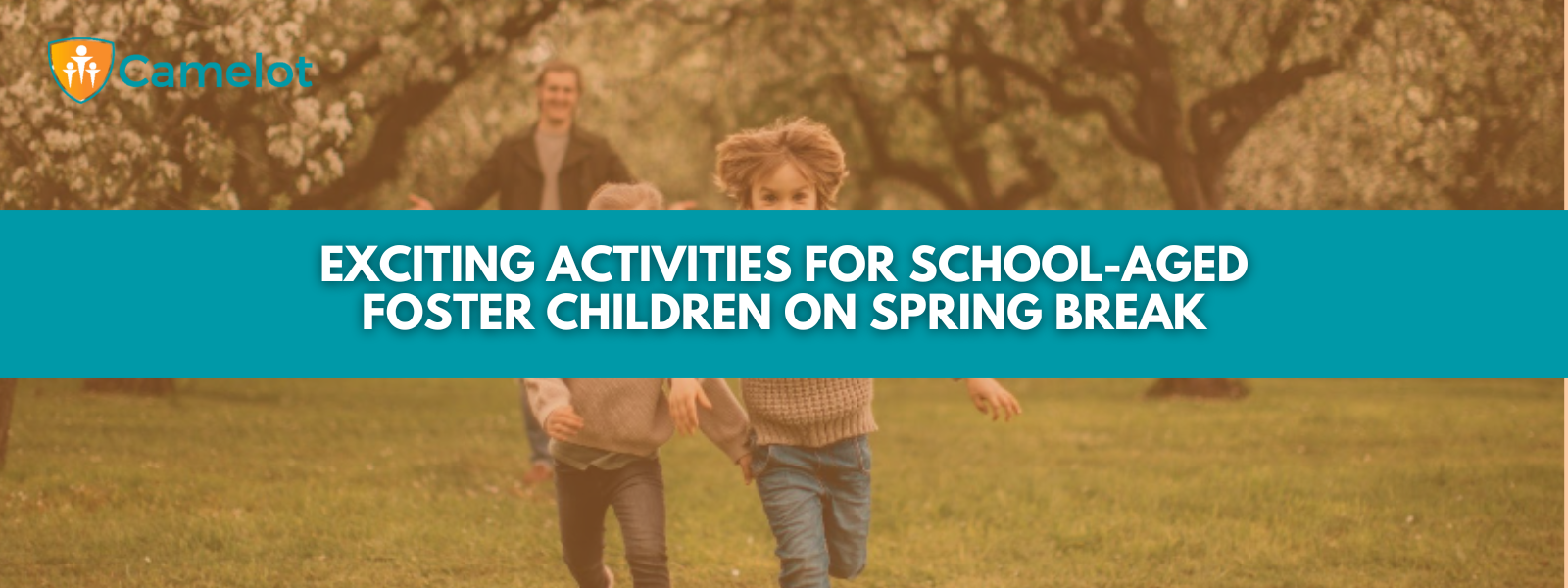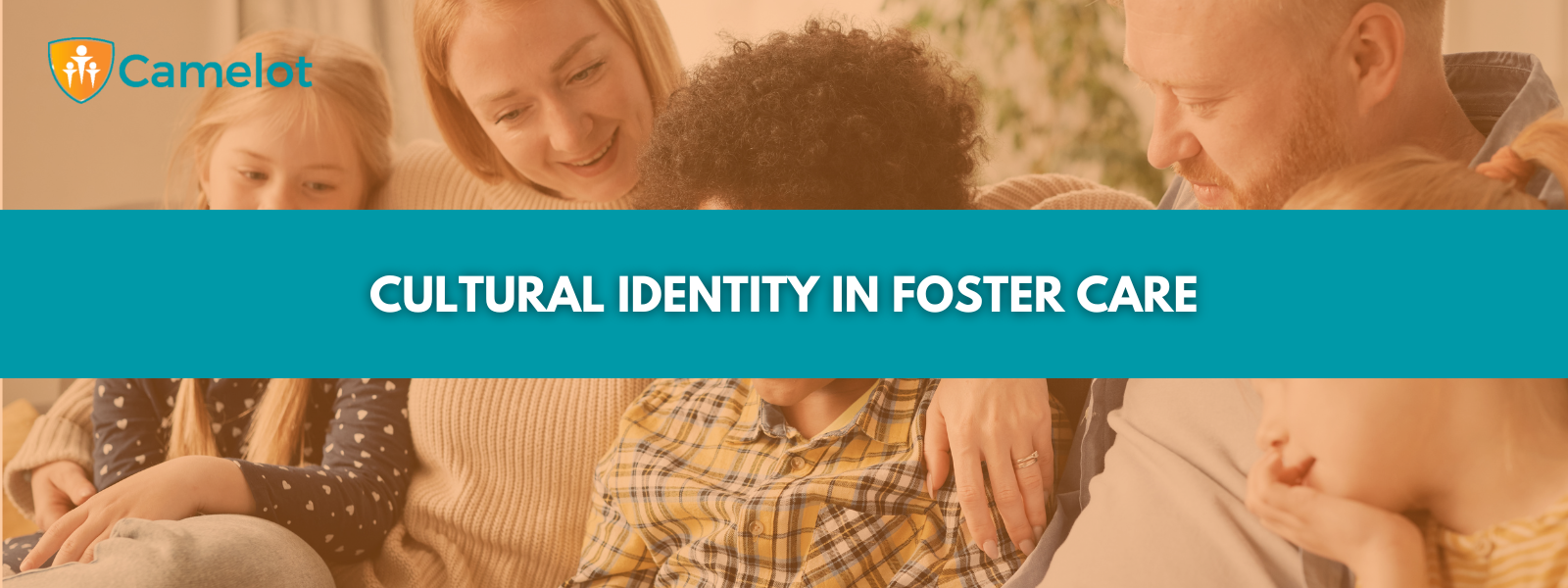Debunking 18 Myths about Foster Care
Foster care is a sensitive topic and is not always understood. There are myths regarding foster care, and as a result, people don't understand the need for foster care or adopting children from foster care. These misconceptions can cause children to spend their lives without finding the love of a caring family home.
Because of this, we want to take the time to debunk 18 of these common myths. Read on for more information:
Myth 1: Single Adults Can’t Be Foster Parents
You don't have to be married to be a foster parent. Single adults are just as desirable of foster parents as married couples. The only requirement is that you provide a safe, loving home for children who need it.
Myth 2: You Have to Be a Stay-At-Home Parent
You don’t have to give up your job to be a foster parent. You can continue doing your job and still be a foster parent. If you need any assistance, you can always reach out to childcare options. Raising a foster child doesn't have to be any different than raising a biological one.
Myth 3: You Are Too Old to Be a Foster Parent
To become a foster parent, the only requirement is that one has to be at least 21 years old. Don't listen when people say old people are not suitable for foster parenting.
Myth 4: You Need to Have Children and Parenting Experience
Not everybody considering being a foster parent has biological children of their own. Many mature, responsible people have committed to caring for at least one child and providing the best possible life for that child by learning parenting skills. You don’t have to have any children or parenting experience to become a foster parent, and there are childcare materials that inexperienced foster parents can find, similarly to a new parent would, to learn how to be the best foster parent imaginable.
Myth 5: Pets Are Not Allowed for Foster Parents
Many foster parents have pets. Foster children also respond well to pets as they can be a source of comfort and affection for the child. Care should be taken that these pets have the current Rabies vaccination, but otherwise are most welcome in a foster parents’ household.
Myth 6: Foster Children Lack Coping Skills
Children in foster and adoptive care provide us with the opportunity to teach them healthy coping skills in a structured environment, both of which are important for the child to succeed in life. You may provide them with a warm, caring family environment they never had before. You will be building a future for the foster kids and giving them a life to cheer for.
Myth 7: Foster Parents Have to Bear the Expenses of Medication for the Children
Foster parents are not responsible for medical, dental, and mental health care costs for foster children, except for over-the-counter medicine and supplies. All children in the foster system are automatically eligible for all of their medical assistance by the state.
Myth 8: You Need to Own a Home to Become a Foster Parent
Foster parents can either own or rent; what’s crucial is that you can provide a safe environment for the kids no matter what your living situation is.
Myth 9: Each Child Must Have Their Own Room
You don’t have to provide separate rooms for each child. The only mandate is that each child needs a bed of their own.
Myth 10: Children in Foster Care Are Not Meant to Do Normal Things
Children and teens in foster care often face tough circumstances and challenging experiences. They have to do more to keep up with their peers, but these barriers are not insurmountable. Licensed foster parents can allow these kids to have a normal life. Teens can get a driver’s license at an appropriate age with the supervision of their foster parent and can also work as part-timers, for example.
Myth 11: Foster Parenting Is Not for LGBTQ+ Community Members
As time has changed, the idea of what constitutes a traditional nuclear family has changed too. Nowadays, people are more open to different types of situations. As such, your sexual orientation or gender identity does not disqualify you from being a foster parent.
Myth 12: Fostering Is Not for Me Because It’s Too Expensive
Foster parents are reimbursed for the cost in raising foster children. The money is provided at a specific rate and is based on the assumed cost of raising a child and any child's special needs. The funds are meant for food, personal hygiene products, allowance, and other expenses related to raising a child.
Myth 13: Most Foster Children Are Victims of Sexual Abuse
Nearly half of children removed from their homes are moved for neglect. Sexual and physical abuse does happen. However, it is often the case that these types of abuse stem from neglect. Regardless of the reason, it is essential to remember that foster children need love. Not only are they removed from their home either by the government or themselves, but through no fault of their own: providing a loving environment is, therefore, a key to fostering the loving environment that everyone, especially them, deserves.
Myth 14: You Have No Control Over Which Child Is Placed in Your Home
The primary goal of foster care placement is to place the right child with the right family. The placement is carefully coordinated and involves all parties' opinions. Each family has a voice in what type of child they're given and has the opportunity to give feedback for future placements.
Myth 15: You Can’t Foster Because You Had a Difficult Time in Your Life
People face many difficulties, but the way we cope and overcome these challenges defines us. The foster children come from backgrounds where abuse, trauma, substance abuse, or mental health issues could have been daily problems for them. In the training for foster parents, you will realize which past experiences of your life may help you as a foster parent.
Myth 16: Teenagers Are the Most Difficult to Foster
Every child that experiences trauma is different, so it's essential to consider their individual needs. Some teens may experience the foster care process as an opportunity for recovery and moving on. Foster teens can complete school and hold part-time jobs in addition to extracurriculars and post-secondary plans. They view foster care as a haven and seek guidance from their foster parents and caseworkers.
Myth 17: You Could Never Do What Other Foster Parents Do
Being a foster parent is not an easy task. It is completely fine to rely on other people for support such as caseworkers, therapists, other foster parents, friends, and family members. What foster parents need to keep in mind is that solidarity among each individual is essential, no matter who they are and their background.
Myth 18: I Don’t Have Time for Fostering, I’m Too Busy
Today, we live in a busy world and this business usually keeps us from becoming foster parents. Think of the children in need. They are often experiencing things that they by no means deserve, such as physical and emotional abuse, sexual exploitation, and neglect of basic medical and emotional needs.
What would be more meaningful, to hustle on a job or to provide a safe, loving home for a child who never had it? Moreover, no one said you need to quit your job to foster a child. So why not choose both, and show a foster child or teen just how much love you have in you to give?
If you are looking for responsible and dependable foster care services for your child, head over to Camelot Care Center. You will find a warm, dedicated staff committed to creating a home-like environment to meet your child or young adult’s goals in daily life. We provide compassionate care for residents and their families during their stay at our facility. Contact us today for more information.
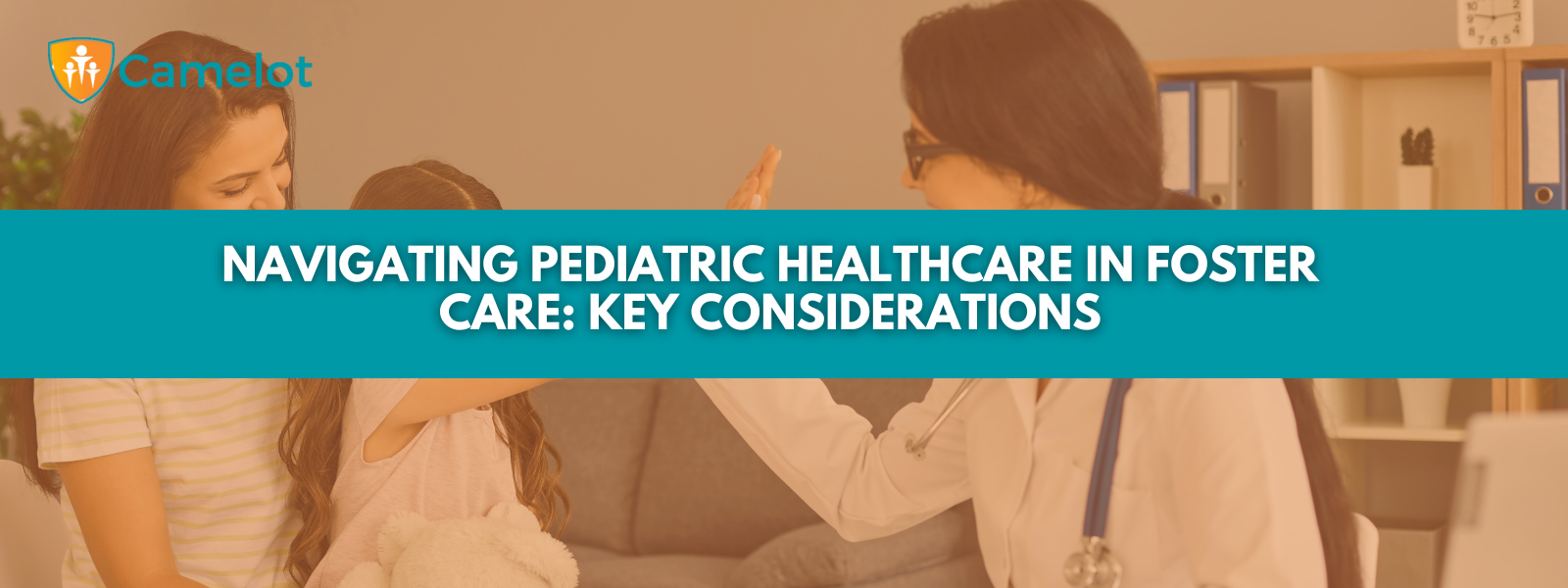
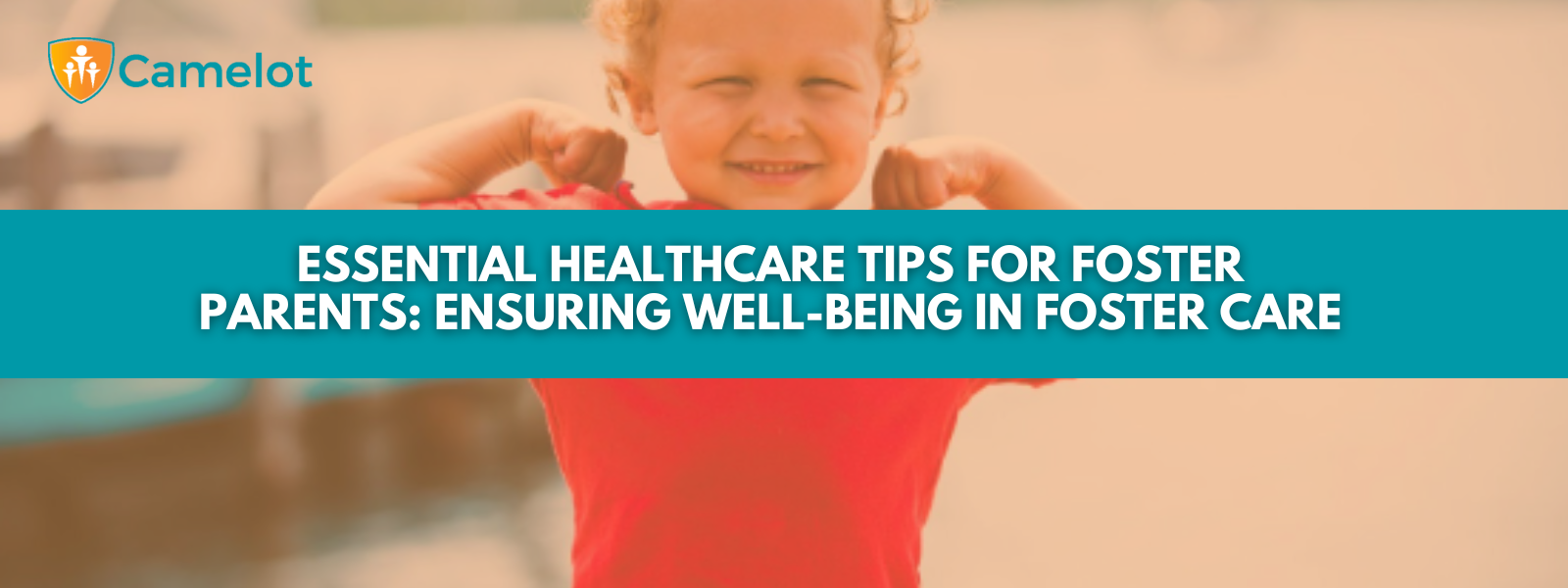
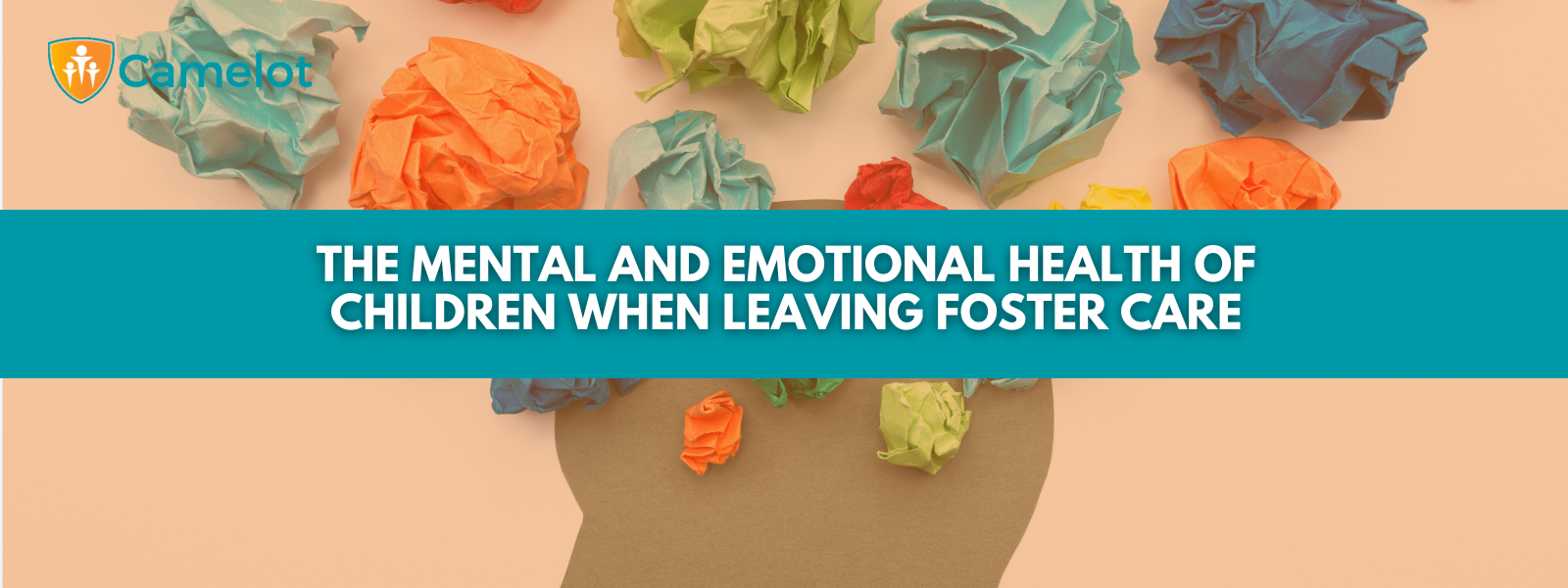
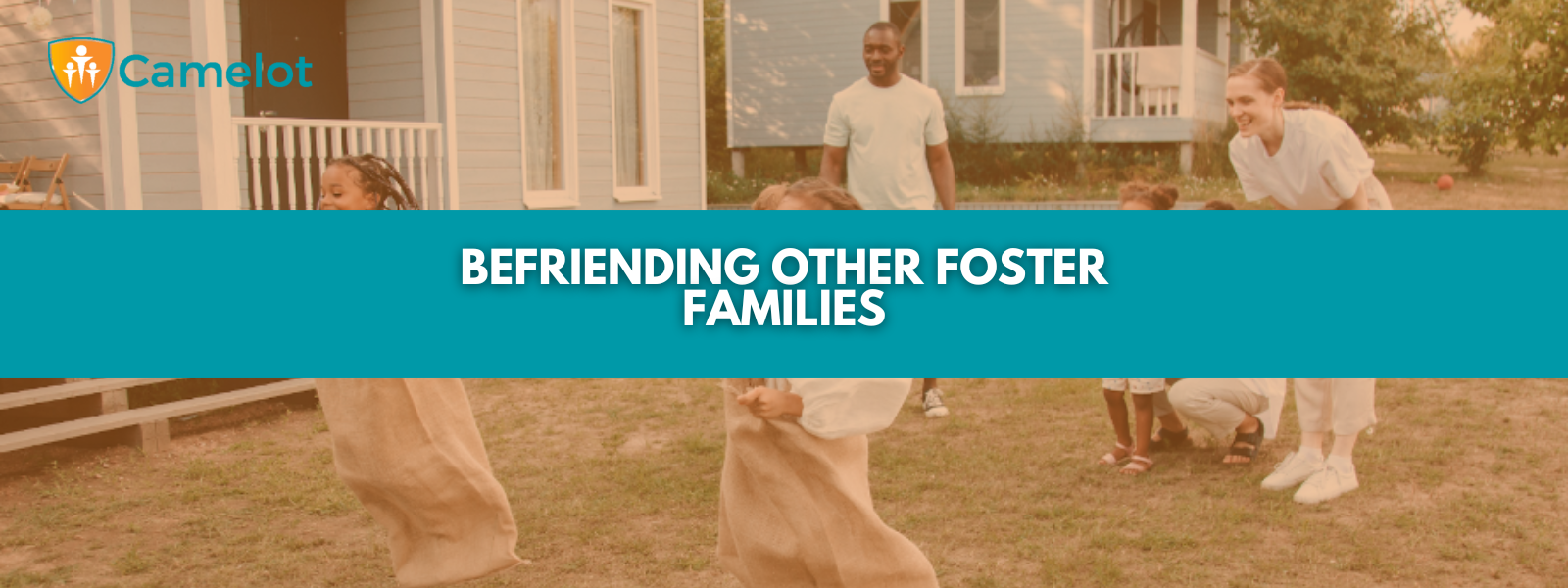

Camelot Care Centers

